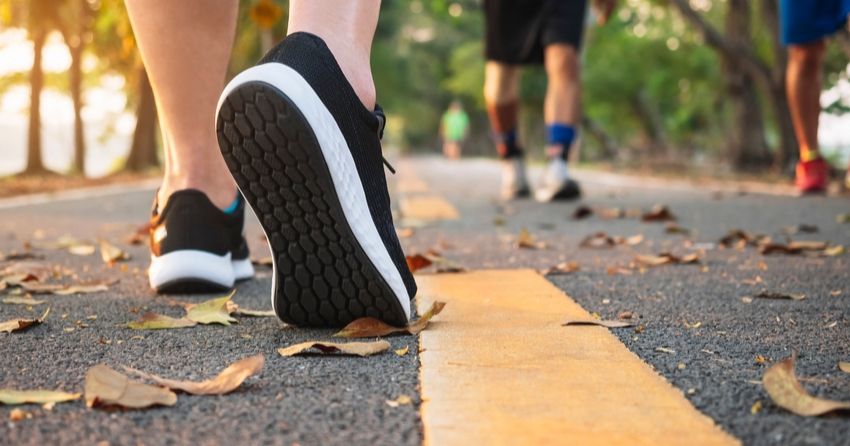Mild, 10-Minute Exercises Immediately Improve Memory

- In a study of 36 healthy young adults, the researchers discovered that a single 10-minute period of mild exertion can yield considerable cognitive benefits.
- Even very light workouts can increase the connectivity between parts of the brain responsible for memory formation and storage.
- Exercise sessions led to better connectivity between the hippocampal dentate gyrus and cortical areas, which are linked to detailed memory processing.
This article was posted on ScienceDaily.com:
People who include a little yoga or tai chi in their day may be more likely to remember where they put their keys. Researchers at the University of California, Irvine and Japan's University of Tsukuba found that even very light workouts can increase the connectivity between parts of the brain responsible for memory formation and storage.
In a study of 36 healthy young adults, the researchers discovered that a single 10-minute period of mild exertion can yield considerable cognitive benefits. Using high-resolution functional magnetic resonance imaging, the team examined subjects' brains shortly after exercise sessions and saw better connectivity between the hippocampal dentate gyrus and cortical areas linked to detailed memory processing.
Their results were published today in Proceedings of the National Academy of Sciences.
"The hippocampus is critical for the creation of new memories; it's one of the first regions of the brain to deteriorate as we get older," said project co-leader Michael Yassa, UCI professor and Chancellor's Fellow of neurobiology & behavior. "Improving the function of the hippocampus holds much promise for improving memory in everyday settings."
The neuroscientists found that the level of heightened connectivity predicted the degree of recall enhancement.
Yassa, director of UCI's Center for the Neurobiology of Learning and Memory and the recently launched UCI Brain Initiative, said that while prior research has centered on the way exercise promotes the generation of new brain cells in memory regions, this new study demonstrates a more immediate impact: strengthened communication between memory-focused parts of the brain.
"We don't discount the possibility that new cells are being born, but that's a process that takes a bit longer to unfold," he said. "What we observed is that these 10-minute periods of exercise showed results immediately afterward."
A little bit of physical activity can go a long way, Yassa stressed. "It's encouraging to see more people keeping track of their exercise habits -- by monitoring the number of steps they're taking, for example," he said. "Even short walking breaks throughout the day may have considerable effects on improving memory and cognition."
Yassa and his colleagues at UCI and at the University of Tsukuba are extending this avenue of research by testing older adults who are at greater risk of age-related mental impairment and by conducting long-term interventions to see if regular, brief, light exercise done daily for several weeks or months can have a positive impact on the brain's structure and function in these subjects.
"Clearly, there is tremendous value to understanding the exercise prescription that best works in the elderly so that we can make recommendations for staving off cognitive decline," he said.
Story Source:
Materials provided by University of California - Irvine. Note: Content may be edited for style and length.
Journal Reference:
- Kazuya Suwabe, Kyeongho Byun, Kazuki Hyodo, Zachariah M. Reagh, Jared M. Roberts, Akira Matsushita, Kousaku Saotome, Genta Ochi, Takemune Fukuie, Kenji Suzuki, Yoshiyuki Sankai, Michael A. Yassa, Hideaki Soya. Rapid stimulation of human dentate gyrus function with acute mild exercise. Proceedings of the National Academy of Sciences, 2018; 201805668 DOI: 10.1073/pnas.1805668115





